Judy Collins, renowned for her ethereal soprano voice and profound storytelling, is one of the most influential folk artists of the 20th century. Her career, which spans over six decades, has seen her explore genres from folk to pop and even classical music. Collins has remained a steadfast symbol of music, activism, and personal growth. In this article, we’ll explore Judy Collins’s biography, her rise in music, and her current endeavors, celebrating an artist whose work transcends generations.
Early Years: A Musical Prodigy in the Making
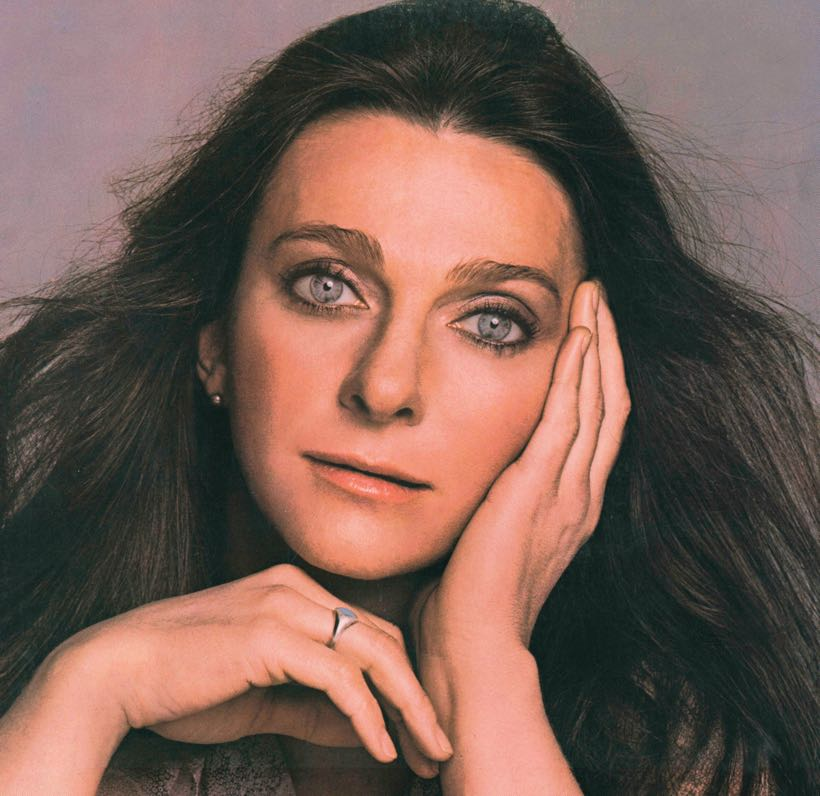
Born on May 1, 1939, in Seattle, Washington, Judith Marjorie Collins was surrounded by music from the start. Her father, Charles Thomas Collins, was a blind singer, pianist, and radio host who inspired her musical aspirations. At just five years old, Collins began classical piano lessons, showcasing her natural talent by performing Mozart’s concertos as a teenager.
Despite her promising classical music career, Collins felt a magnetic pull toward folk music in her late teens. Influenced by artists like Woody Guthrie and Pete Seeger, she found folk’s raw lyrical expression deeply meaningful. Abandoning classical music, she embarked on a new path in folk, eager to bring stories of social and political issues to life through song.
Rise to Fame: The Folk Revival of the 1960s
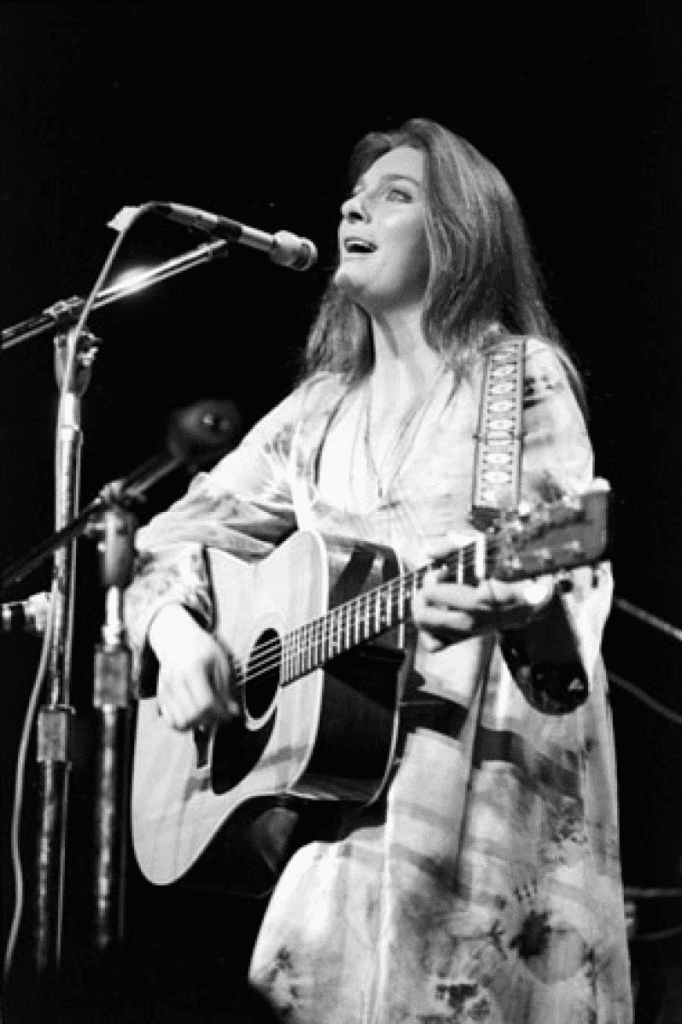
In the early 1960s, Judy Collins relocated to New York City, joining the vibrant folk scene in Greenwich Village. Her debut album, A Maid of Constant Sorrow (1961), highlighted her soprano voice and established her presence in the folk revival movement. This album featured traditional folk songs and showcased her ability to infuse emotion into each melody.
With her second album, Golden Apples of the Sun (1962), Collins began collaborating with emerging songwriters like Bob Dylan and Pete Seeger. This marked her role as a key interpreter of contemporary folk music. Her 1966 album, In My Life, shifted her style further, introducing orchestral arrangements and songs from Broadway and The Beatles, broadening her musical scope.
Breakthrough: “Both Sides Now” and Mainstream Success
The turning point of Collins’s career came with her 1967 album, Wildflowers. Featuring Joni Mitchell’s “Both Sides Now,” the album propelled her to mainstream success. The song, which reached the top 10 on the Billboard Hot 100, resonated with listeners for its introspective lyrics and Collins’s ethereal vocal delivery. The track earned her a Grammy Award for Best Folk Performance in 1969.
Collins’s rendition of “Both Sides Now” marked her as an artist who could bridge folk and pop seamlessly. The song’s success solidified her reputation as a gifted interpreter and introduced her to a wider audience.
Activism and Personal Struggles
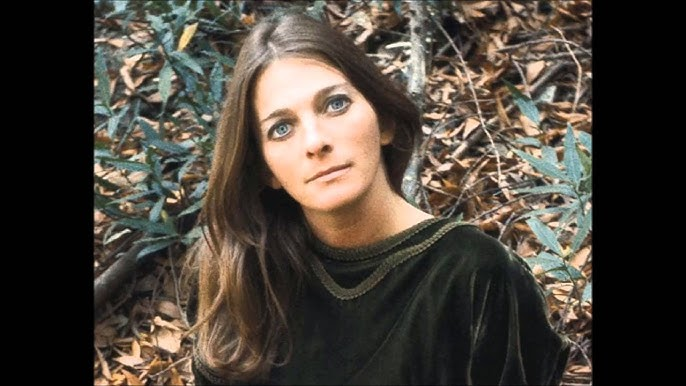
Throughout the 1960s and 1970s, Judy Collins was not just a musician; she was also a committed activist. She played a vocal role in the civil rights movement, anti-war protests, and women’s rights campaigns. Her version of “Amazing Grace” became a symbol of hope and unity during turbulent times, underscoring her dedication to social change.
Collins also became a strong advocate for mental health awareness, drawing from her personal experiences with depression and alcoholism. In her 1978 memoir, Trust Your Heart, she openly discussed her struggles and path to recovery. Since then, she has used her platform to inspire others to seek help and embrace their vulnerabilities.
Expanding Musical Horizons in the 1970s
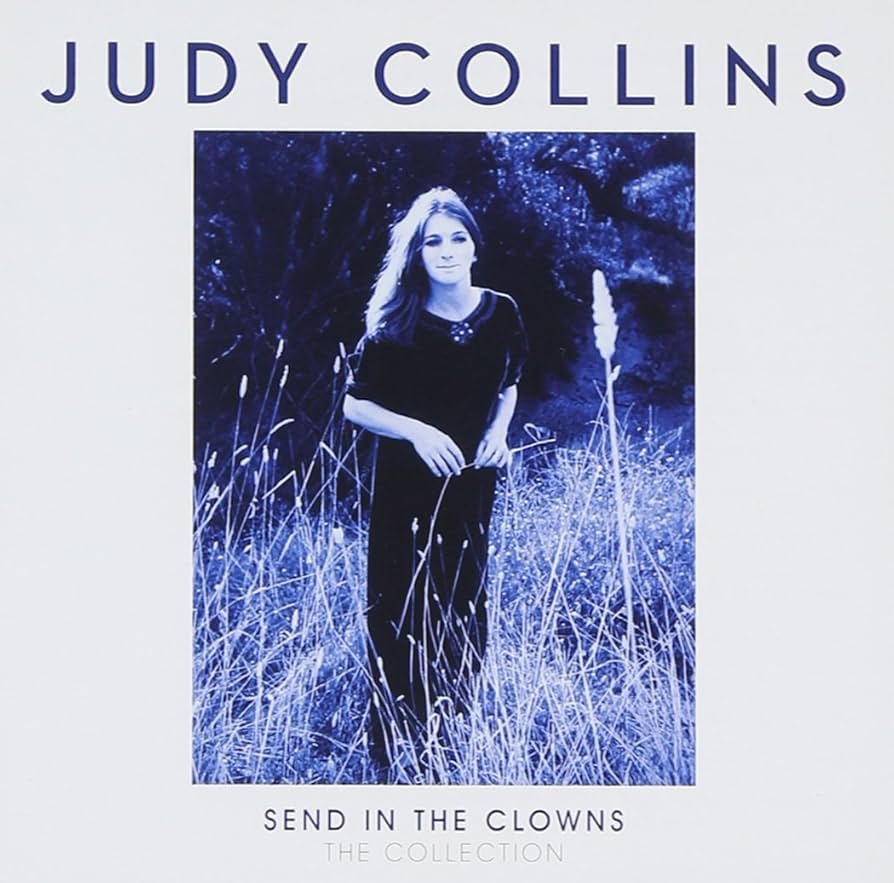
The 1970s marked a period of musical exploration for Collins. Her 1975 album, Judith, featured the hit “Send in the Clowns,” a song written by Stephen Sondheim for A Little Night Music. The song became one of her biggest successes, earning her another Grammy nomination and showcasing her versatility across genres.
Collins’s personal life was marked by both triumphs and heartache. In the 1970s, she battled alcoholism, ultimately achieving sobriety in 1978. However, in 1992, she faced a devastating tragedy when her son, Clark Taylor, died by suicide. This event profoundly impacted her, leading her to become an advocate for suicide prevention and mental health awareness. In her 2003 memoir, Sanity and Grace: A Journey of Suicide, Survival, and Strength, Collins shared her journey of coping and healing, offering support to others who have faced similar losses.
Recent Works and Collaborations
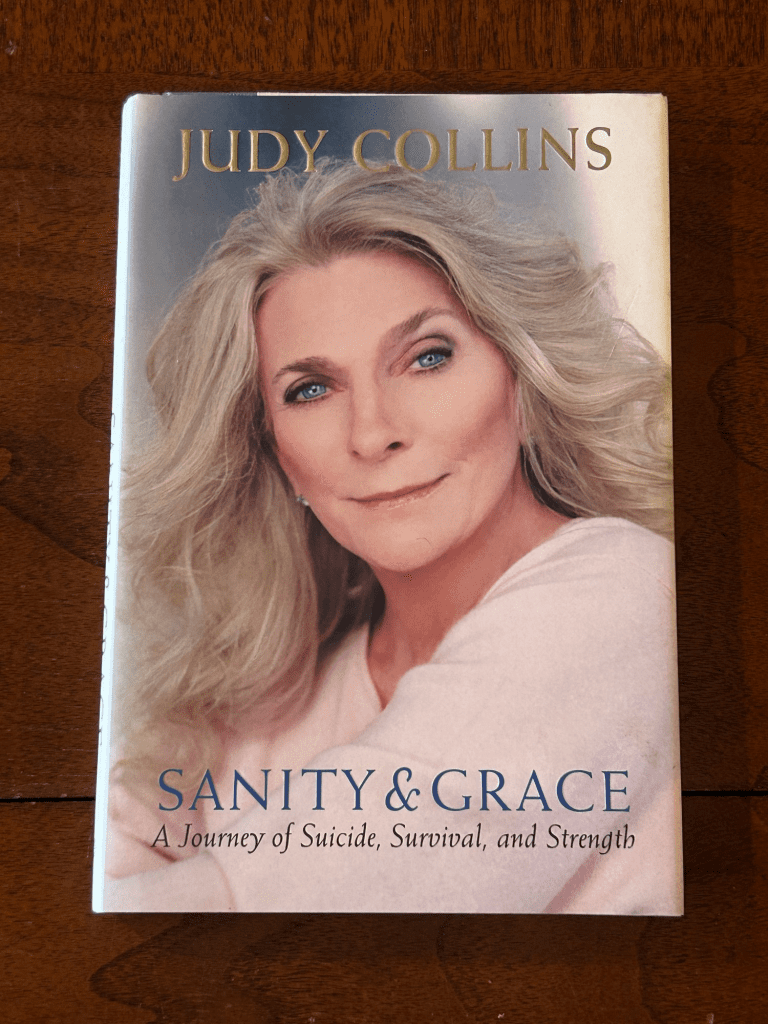
Despite personal struggles, Collins’s creativity never waned. Her 2016 album, Silver Skies Blue, was a collaboration with singer-songwriter Ari Hest. Nominated for a Grammy Award for Best Folk Album, it revisited Collins’s acoustic folk roots while exploring themes of love, longing, and connection.
Collins has also authored several memoirs that delve into her life, love, and career. Her 2011 memoir, Sweet Judy Blue Eyes: My Life in Music, offers an intimate look at her relationships, music, and impact on popular culture. Through these writings, Collins continues to share her journey with honesty and wisdom.
Current Endeavors: The Legacy Lives On

Judy Collins remains as active as ever. She continues to tour internationally, performing for devoted audiences who cherish her timeless voice and poignant lyrics. Her live shows blend classic hits, covers, and new material, highlighting her ability to connect with fans across generations.
Collins’s ongoing commitment to mental health advocacy and suicide prevention reflects her belief in the power of art to heal and inspire change. She collaborates with various organizations, participates in live-streaming concerts, and embraces digital platforms to reach wider audiences.
Conclusion: A Legacy of Music, Activism, and Resilience

Judy Collins’s biography is not just a story of musical success; it is a testament to resilience, passion, and the transformative power of art. From her early days in the folk revival to her enduring status as a music legend, Collins has used her voice to inspire change, heal wounds, and uplift spirits. Her journey, marked by personal and professional highs and lows, continues to resonate with fans worldwide. As she moves forward, Collins remains an enduring symbol of artistic integrity, hope, and the spirit of folk music.


